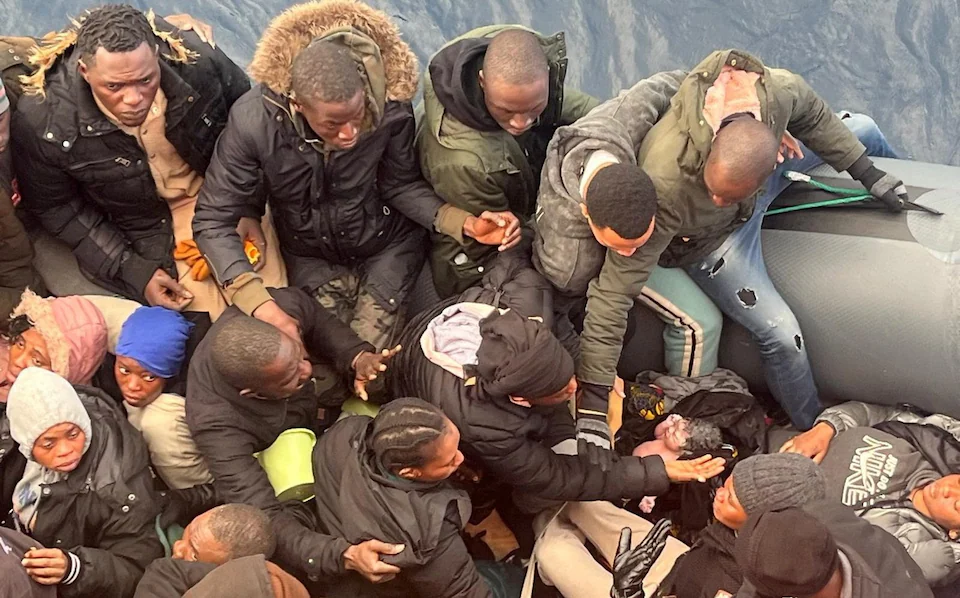A baby girl born aboard a migrant dinghy en route to Spain’s Lanzarote island in the Canary Islands is in good health, along with her mother, according to medical officials. Both are receiving care at Molina Orosa University Hospital in Lanzarote, where they are being treated with antibiotics and monitored by pediatric specialists.
Dr. Maria Sabalich, the hospital’s emergency coordinator, confirmed that the mother and child are safe and recovering well. “They are still in the hospital but doing well,” she said. The pair will be transferred to a humanitarian center for migrants after their discharge and are likely to be moved to a reception center for mothers and children on another island, according to Cristina Ruiz, a spokesperson for the Spanish government in the Canary Islands.
The dinghy carrying the mother had departed from Tan-Tan, Morocco, approximately 135 nautical miles from Lanzarote. The Spanish coastguard rescued a total of 60 people from the boat, including 14 women and four children. Captain Domingo Trujillo of the Spanish coastguard described the rescue operation as straightforward due to favorable weather conditions.
“The baby was crying, which reassured us that she was fine,” Trujillo said. He explained that the umbilical cord had already been cut by one of the passengers before the coastguard’s arrival. The crew cleaned the baby, handed her to her mother, and ensured they were wrapped up for the journey.
This case highlights the dangers of the Atlantic migration route to the Canary Islands, which has claimed thousands of lives. According to Spanish migration charity Walking Borders, nearly 9,757 people died on this route in 2024. Women on this journey often face additional risks, including sexual violence and racial discrimination.
Despite the challenges, the coastguard remains committed to their rescue missions. Trujillo shared that while his crew is often exhausted from their demanding work, they take pride in saving lives. “Even if we are tired, we know we are helping people in distress,” he said.
Overnight, rescue services in the Canary Islands stopped two more boats carrying 144 people. These rescues are part of ongoing efforts to address the steady flow of migrants risking perilous sea voyages to reach safety.

